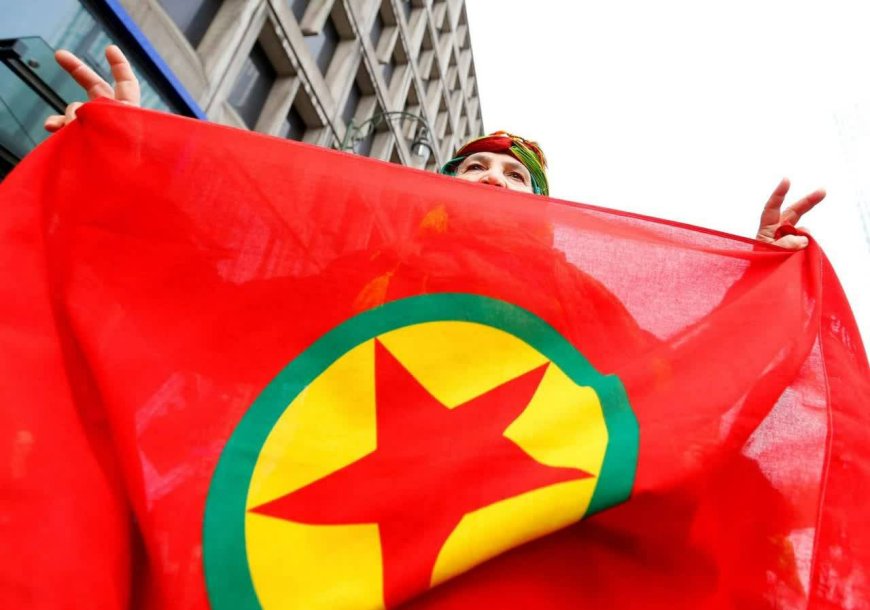Turkey in turmoil: What Lurks Beneath Ankara’s PKK Predicament?
The rising specter of the outlawed Kurdistan Workers' Party (PKK) looms large as Turkey grapples with a formidable foe within its borders. Designated as a terrorist organization by Ankara, the PKK poses a significant threat to Turkey's territorial integrity, prompting relentless efforts to combat its insurgency. Yet, Turkey recognizes the importance of forging alliances to bolster its precarious stance against the PKK, with an emphasis on garnering regional support. Among these regional actors, Iraq emerges as a pivotal player in lending crucial backing to Turkey's anti-PKK endeavors.

Securing Turkey's national interests hinges on preempting potential terrorist incursions by Kurdish factions and safeguarding the border integrity with Iraq. Turkish security apparatuses remain vigilant, cognizant that any upheavals in the Kurdish political landscape could reverberate across Turkey's security landscape. The looming prospect of the PKK leveraging the power vacuum in northern Iraq to orchestrate attacks within Turkey underscores the intricacies of the Kurdish political dynamics in both countries.
Turkey's proactive stance against the PKK in northern Iraq rests on twin objectives: fortifying its southern frontiers against security threats and paving the way for transformative infrastructural projects. The ambitious "development road" initiative, with a staggering price tag of 18 billion dollars, hinges on quelling PKK resistance in the region. Anticipations run high for an escalated crackdown on PKK forces, potentially culminating in a fresh military operation in the Kurdistan Region of Iraq this summer.
Turkish military interventions in northern Iraq, ostensibly aimed at combating PKK militants, have raised concerns over encroachments on Iraq's territorial sovereignty. The resultant civilian casualties and human rights violations further strain bilateral relations, eliciting discontent among Iraqi authorities and the populace. Iraq's constitutional prohibition on harboring groups posing security threats to neighboring states underscores the urgency of joint Turkey-Iraqi initiatives to counter the PKK insurgency and restore regional stability.
The recent high-profile Turkish security delegation's visit to Iraq marked a watershed moment in bilateral security cooperation, culminating in a joint 7-point communiqué. Central to this accord is the mutual commitment to devising a sustainable framework for eradicating PKK-induced insecurity and unrest in the region.
As Baghdad and Ankara exhibit steadfast resolve in neutralizing shared security threats posed by the PKK and its affiliates, the prospects for a harmonized security landscape appear promising. Iraq's concerted efforts to assuage Turkey's security apprehensions and foster amicable ties with neighboring powerhouses like Iran and Turkey underscore its commitment to regional stability. The envisioned security collaboration not only bolsters mutual security interests but also lays the groundwork for enhanced trade ties, fostering a climate conducive to progress and prosperity across the region.
In conclusion, the PKK's shadow looms large over Turkey, posing a grave threat to its territorial integrity. As Turkey navigates the complexities of combating this formidable foe, forging alliances with regional players like Iraq becomes paramount. The delicate dance between security imperatives and regional dynamics underscores the intricate tapestry of Kurdish politics, with the specter of PKK insurgency casting a long shadow over Turkey's security landscape.













































